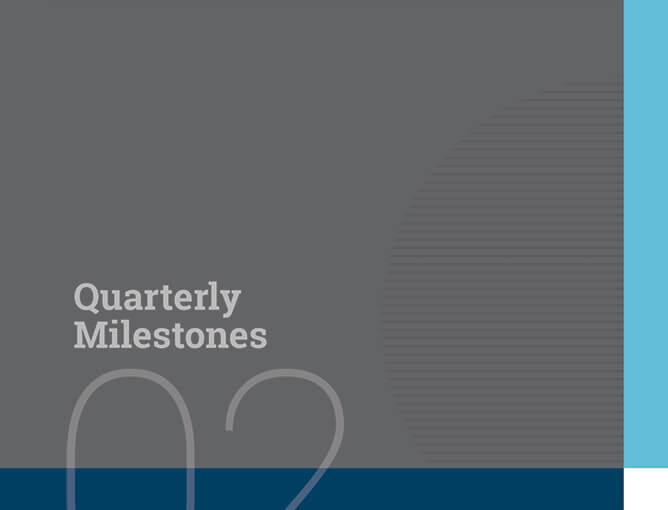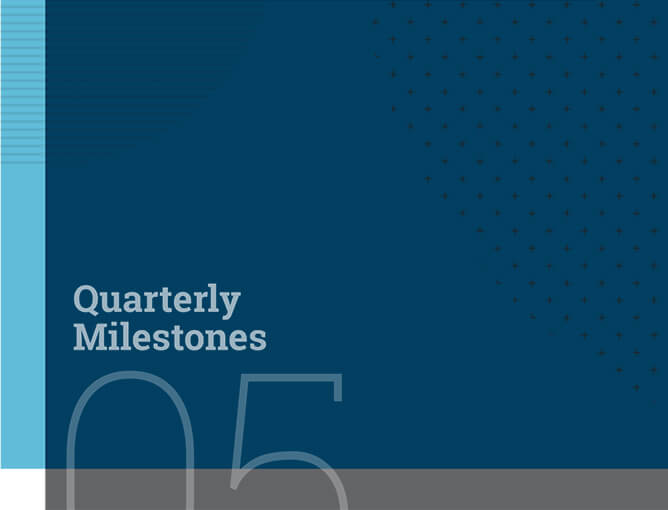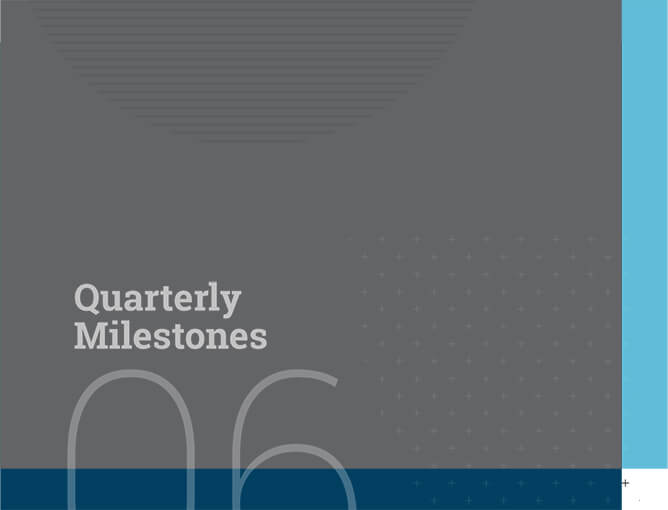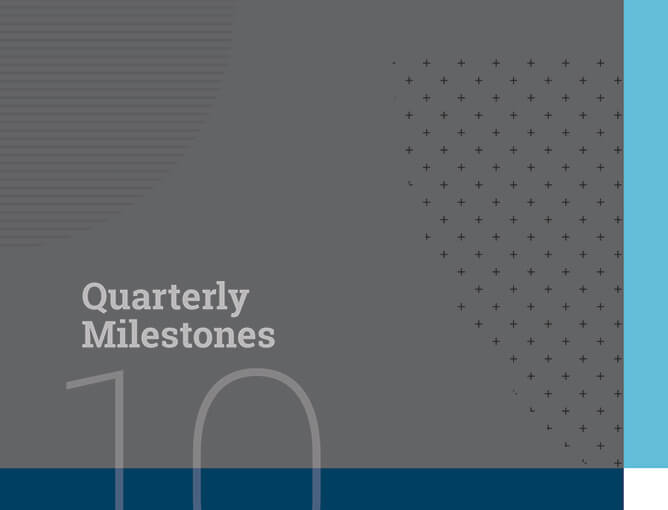
Himanshu SinhaPartner

Shashank ShekharCounsel

Samyak JainSenior Associate
Key Developments
-
Finance Act, 2023 enacted - over 60 amendments made to original draft
The Finance Bill, 2023 (Bill) was introduced on 1 February 2023, and received the President’s assent on 31 March 2023. To see our budget updates, please refer to the links below:
- Proposal to deem nil cost of acquisition and improvement for intangible assets
- Angel tax on share consideration received from non-resident investors
- Proposed amendments to the TDS framework
- Penal provisions introduced for e-commerce operators
- Restriction on input tax credit on corporate social responsibility expenses
Under the goods and services tax (GST) regime specifically, the Bill introduced several changes to predominantly give effect to decisions made by the GST Council including relaxation from prosecution in certain cases and clarification on the scope of Online Information Database Access and Retrieval (OIDAR) services.
The requirement of services being 'essentially automated' and 'involving minimal human intervention' has been omitted from the definition of OIDAR services. Such change will result in more services that are delivered over the internet or electronic network qualifying as OIDAR services.
Interestingly, over 60 amendments were made to the Bill when it was tabled before the lower house of the Parliament. These amendments were accepted by both houses of the Parliament and have been formally codified with the enactment of the Finance Act, 2023 (FA 2023).
One of the most pertinent amendments is on the constitution of the GST Appellate Tribunal (Tribunal) which has been discussed in detail below.
-
Finance Act, 2023 amendments to the Central Goods and Services Act, 2017 clear the way for the constitution of the Goods and Services Tax Appellate Tribunal
After a prolonged delay, the Central Goods and Services Tax Act, 2017 (CGST Act) has finally been amended by the FA 2023 to pave the way for the establishment of the Tribunal. This move is likely to alleviate the hardship caused to taxpayers who are aggrieved by any order of tax authorities and are constrained to approach their jurisdictional High Courts due to lack of efficacious alternate remedy in the absence of an appellate tribunal. Once the Tribunal and its benches are constituted, it is widely expected that litigation under the GST laws will be regularised and the burden on High Courts will be reduced.
Previously, even though the statute provided for the constitution of the Tribunal, it could not be constituted even after six years of the GST regime. This was owing to the judgement of the Madras High Court in Revenue Bar Association v Union of India, wherein the High Court had struck down the relevant provisions of the CGST Act while holding that the number of expert members cannot exceed the number of judicial members on the bench as was the case under extant provisions. Thereafter, the issue of amendment of relevant provisions was deliberated in multiple GST Council meetings and ultimately the amendments under the FA 2023 were formulated. As per the amended provisions, the Tribunal will have one principal bench at New Delhi and various state benches which will hear appeals against the orders passed by appellate or revisional authorities constituted under the GST laws. Further, the cases in which any one of the issues involved relates to the place of supply will be heard only by the principal bench of the Tribunal.
-
New Foreign Trade Policy notified with emphasis on tax remissions and greater facilitation of trade through technology and automation
The Directorate General of Foreign Trade has notified the Foreign Trade Policy, 2023 (FTP) with primary focus on promoting exports by boosting domestic manufacturing and production through the grant of remissions instead of subsidies, as well as streamlining/rationalising popular export promotion schemes such as Advance Authorisation (AA) and Export Promotion of Capital Goods (EPCG). The key features of the FTP are:
- Approvals for various export promotion schemes as well as their implementation shall now be online without any physical interface, making it easier for businesses to benefit from such schemes.
- User charges for Micro, Small and Medium Enterprises (MSME) under AA and EPCG schemes have been reduced to minimise costs for MSMEs engaged in export activities.
- Paperless filing of export obligation discharge applications has been introduced for greater use of technology and increasing the ease of doing business.
- FTP benefits have been extended for export realisations in INR through special Vostro accounts set up in line with the guidelines issued by the Reserve Bank of India.
- Export of goods through e-commerce platforms is being facilitated by extending all FTP benefits to such exports.
-
Supreme Court holds that the burden to prove the admissibility of the input tax credit availed is on the taxpayer and suitable documentary evidence is required to satisfy this burden
The Supreme Court, in State of Karnataka v Ecom Gill Coffee Trading Pvt. Ltd. (Ecom Gill), has held that the burden to prove the admissibility of input tax credit (ITC) would lie on the taxpayer who is claiming such ITC. It held that tax invoices and payment details alone would not be sufficient proof and provided an indicative list of documents/records that would need to be furnished in such cases.
(To read our detailed update on this judgement, click here.)












